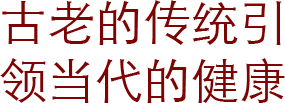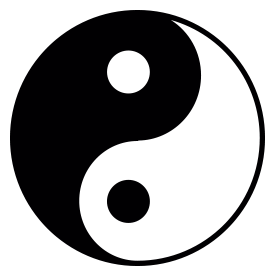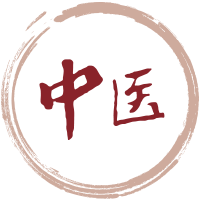

Ancient Path to Modern Health
Traditional Chinese Medicine is a discipline dealing with the diagnosis, treatment and prevention of diseases as well as the maintenance of health. It is a complex and integrated system with many components. As a medical system traditional Chinese medicine is a gentle and non-invasive form of therapy with a tradition going back over 2000 years and remains one of the oldest, safest and comprehensive of medical systems in use today.
Traditional Chinese Medicine views health as a state of dynamic balance. Within you is a universe of elements and qualities – active, passive, expanding, contracting, and moving. When energy and blood flow freely in optimal amounts, you come into balance. Your organs function fully. Your mind is clear. You can meet the challenges of daily life with flexibility, strength, and resilience. When these elements are in conflict, the body can become ill.
Traditional Chinese Medicine believes that imbalances of yin and yang, stagnation of Qi and blood, blockage of meridians, and disharmony between our body and the environment result in illness.
Traditional Chinese Medicine has different techniques to correct such imbalances, eliminate the stagnation and blockage and restore the harmony in the body by improving the immune system or by regulating the internal system. Traditional Chinese Medicine incorporates non-invasive treatments such as herbal medicine, acupuncture, cupping, diet, etc. and is very effective in limiting the side effects commonly associated with modern medicine.
Traditional Chinese Medicine is appropriate for a wide range of illness, including problems affecting the endocrine, neurologic, and immune systems.
Practitioners diagnose by asking questions, making simple observations, and feeling pulses. These techniques can detect subtle changes in your body – long before symptoms appear on medical tests. You can take prompt action to enhance health and prevent illness.
To develop an appropriate treatment plan traditional Chinese medical doctors depend upon a detailed account of each patient’s dietary, physical and emotional habits in addition to focusing on the immediate problem. It requires broad clinical experience, along with a thorough knowledge of the principles of traditional Chinese medicine, in order to make accurate diagnoses and prescribe treatment.

